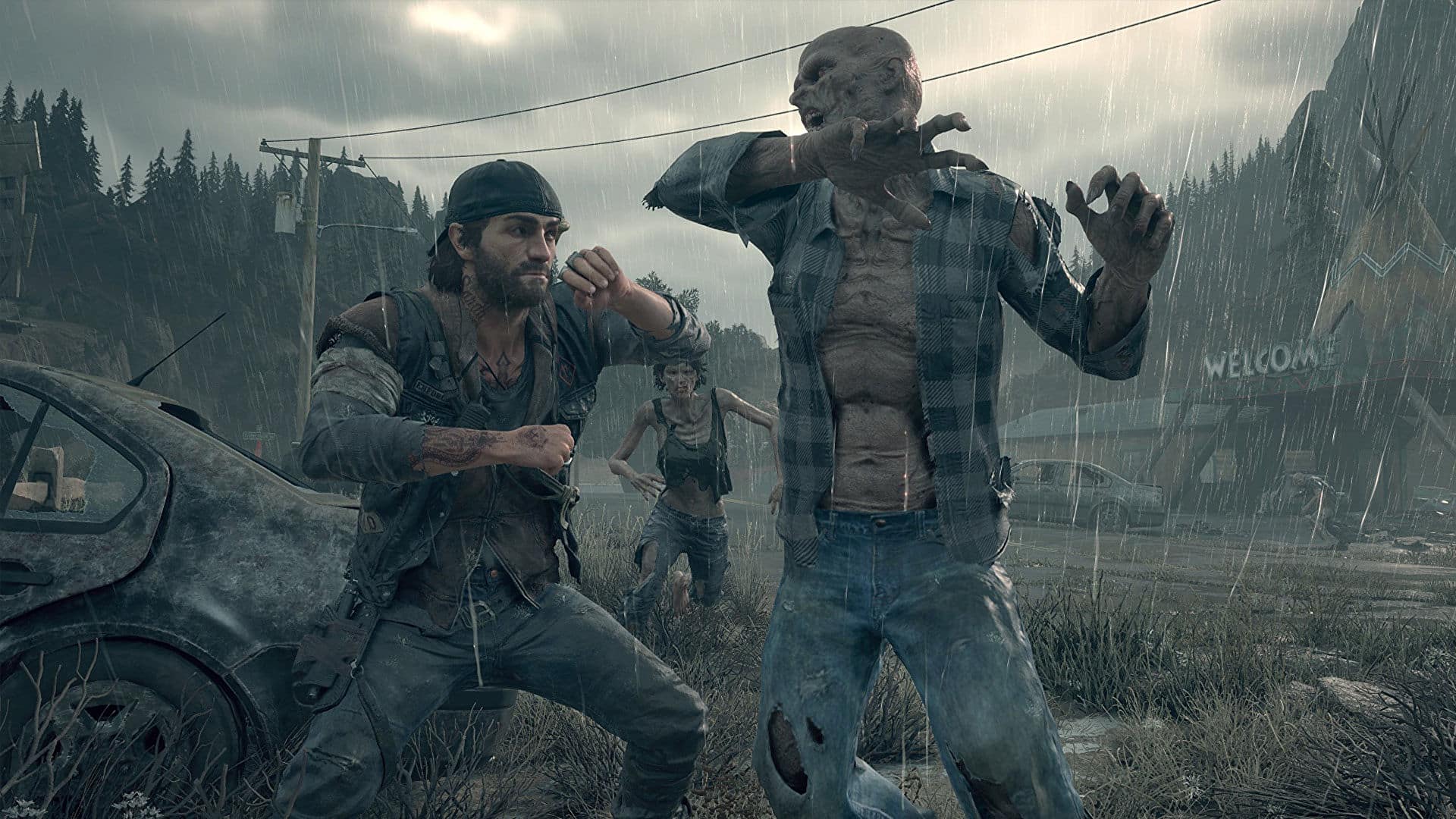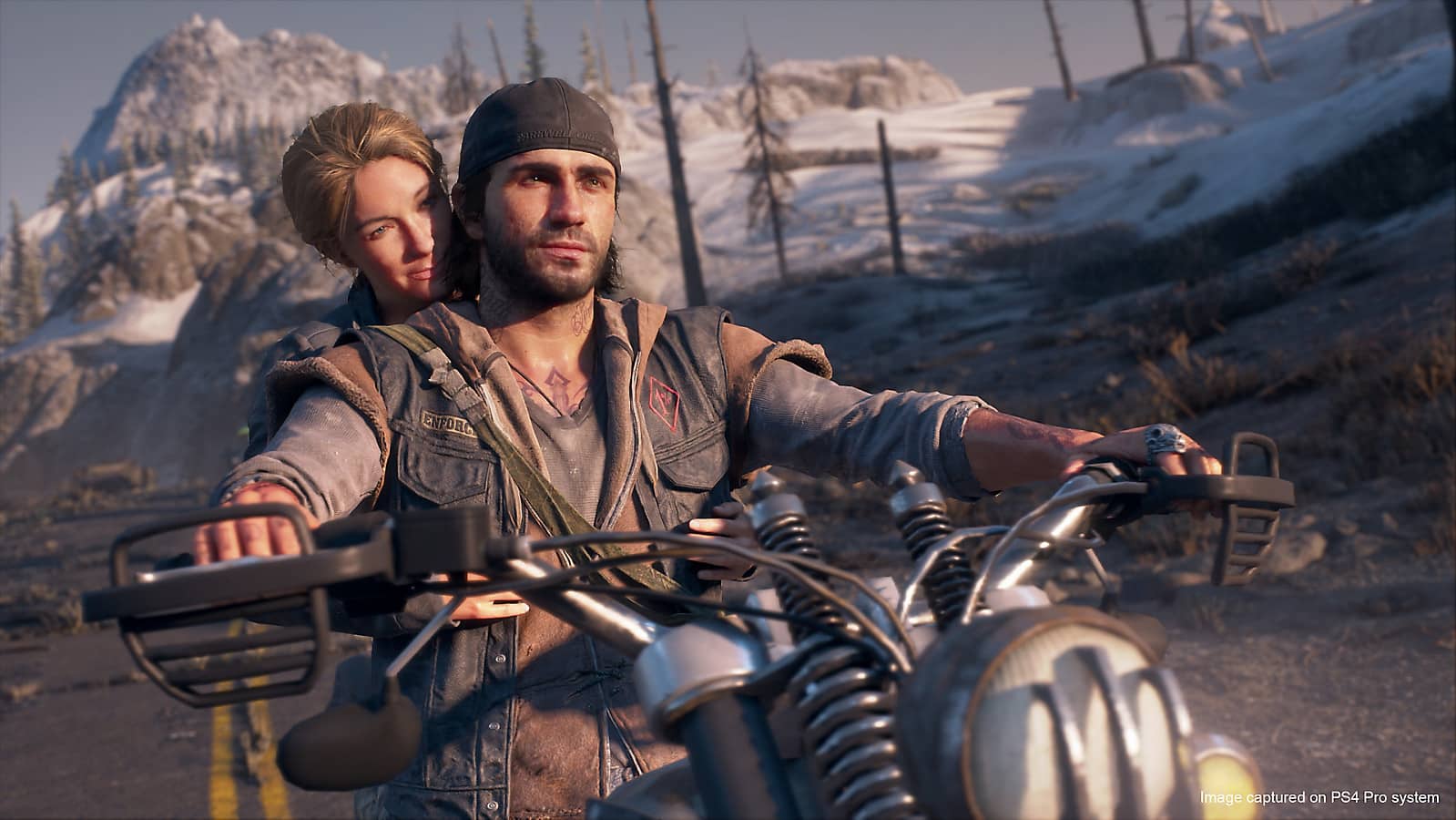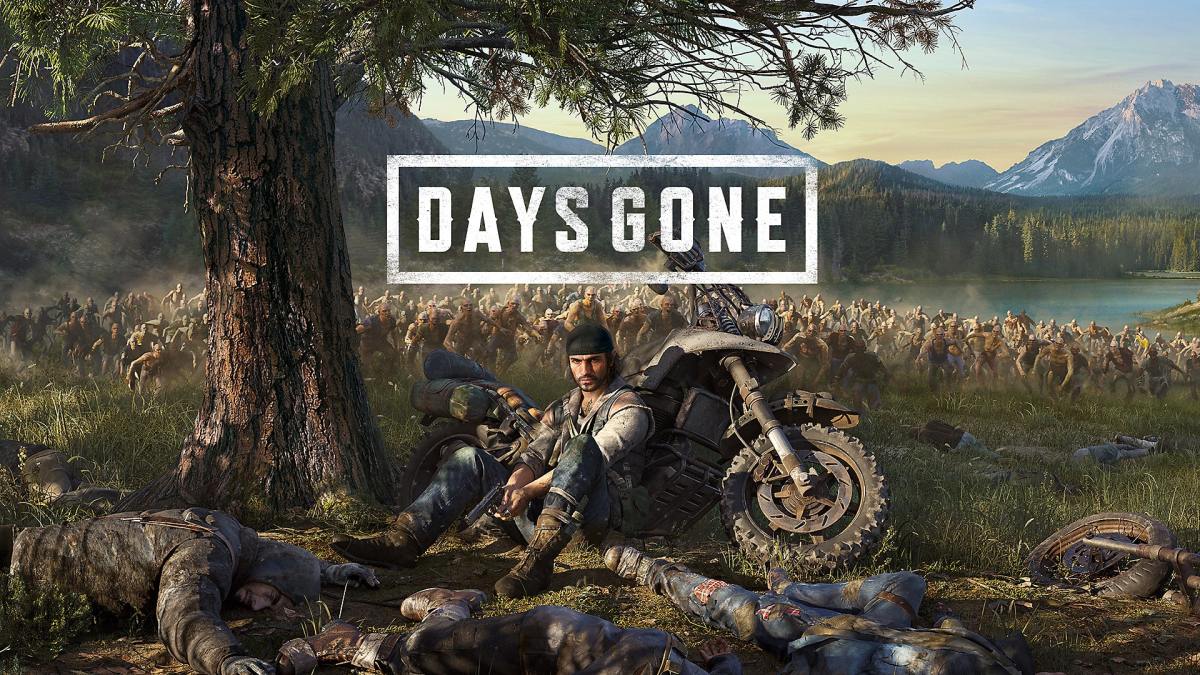The unspoken hook of Days Gone is about coming in with one set of expectations, then subverting each of those with time. Trailers suggest that protagonist Deacon St. John is on a quest for revenge, when in reality he finds redemption and hope, becoming a leader. The early game looks like it’s a libertarian fantasy land where everyone has to pull themselves up by their bootstraps — except the most successful post-apocalyptic survivors are unified, diverse, and communal. The game’s third act goes so far as to show you how dangerous being a “f*** you, got mine” isolationist from out of The Last of Us is to the greater society you interact with.
Days Gone actively invites you into thinking that it is the opposite of what it really is in order to catch you off guard later. It looks like it’ll just be another generic open-world zombie survival shooter. You can’t tell from E3 demos that it’s a remarkably restrained open world, with minimal side activities and a greater emphasis on the world as a character in its own right. The vast majority of your quests are narrative-driven with cutscenes like out of The Witcher 3, not collecting hundreds of feathers to unlock a single cinematic or something.
You can’t really sell the sort of players who go to zombie games for the action that there’s an entire dedicated questline where you just go up and talk to your wife’s makeshift grave, giving insight into Deacon’s perception of events. You also can’t sell it too hard as a narrative game, or else the dynamic dangers of its open world will startle more casual gamers who aren’t prepared for something resembling a FromSoftware game at first glance. Plus, the narrative begins as a slow burn to allow room to breathe, which results in a wealth of story but also a long build-up to the real main threat that you don’t even see coming until far later in the campaign.

So as a result, however brilliantly constructed Days Gone might be, it comes off as incredibly generic and predictable on the surface. You have to play it to really get it. Sadly, that’s part of why the marketing opted to emphasize, of all things, the freaker hordes you fight. While unique, functioning like massive predators, the hordes aren’t the core reason to play Days Gone. The journey on a whole knits together into something remarkable and, in a refreshing turn, hopeful. That’s just not as easy to market as it should be.
Where most zombie stories have depressingly grim tales, Days Gone argues that we can do better if we look past our differences and stand as one. I’m not just saying that in terms of the tribes of human survivors either. There’s a wide range of ethnicities and gender / sexual identities portrayed without ever verging into stereotyping — yes, other games besides The Last of Us Part II can have lesbians and bisexuals, and Days Gone doesn’t kill or maim them either. Despite being yet another grizzled white guy, even Deacon St. John has emotional nuance, growing as a person over the course of the game and regularly calling bigotry for what it is.
It’s to the point there’s an ultra-conservative radio host guy who spouts constant radio chatter full of conspiracies, and if you let Deacon listen to them, he often tears those same arguments apart. He’ll even note his own hypocrisies at times, showing a level of self-awareness many video game leads, especially the gents, typically lack. His own missteps, like with former gang member Jesse, rear their heads to cost Deacon and others a pound of flesh in return for his misdeeds. This attention to detail isn’t lost on the story either, including one scene that gained a bit of infamy due to lacking context.

There’s a flashback to Deacon and his wife Sarah’s wedding, and during that scene part of her vows are for him to “ride me as hard as you ride your bike.” On its own, it sounds kinda corny or cringe. Except this is actually a callback to earlier in their relationship where they discussed marriages among the biker gang and Sarah joking the exact same line as something she’d never say.
Sarah’s a high-brow research worker at a genetics lab, and it makes sense for her to crack wise about this sort of thing. But also her bringing it up again is a way of expressing that she’s embracing Deacon’s world, regardless of if she wholly understands it. It turns the entire thing around again.
Again, what you expected versus the whole story probably didn’t line up upon further inspection. A lot of Days Gone works like this — it’s part of why I personally enjoyed it, but also sadly why it’s a hard sell.
Mind you, I’m not calling the game perfect by any measure. It required post-launch support to become what it should have been at launch. However, you really have to work at it to look at Days Gone and come away from it thinking that this is the Sony zombie game that rewards toxic characters and troubling messages. You absolutely don’t have to like Days Gone, but there’s far more to it than a simple open world full of zombies to shoot. It’s a fascinating game with depth to be found if you meet it on its own terms — and the more games we open ourselves to, the more we might be surprised at what we find.






Published: Apr 21, 2021 04:10 pm